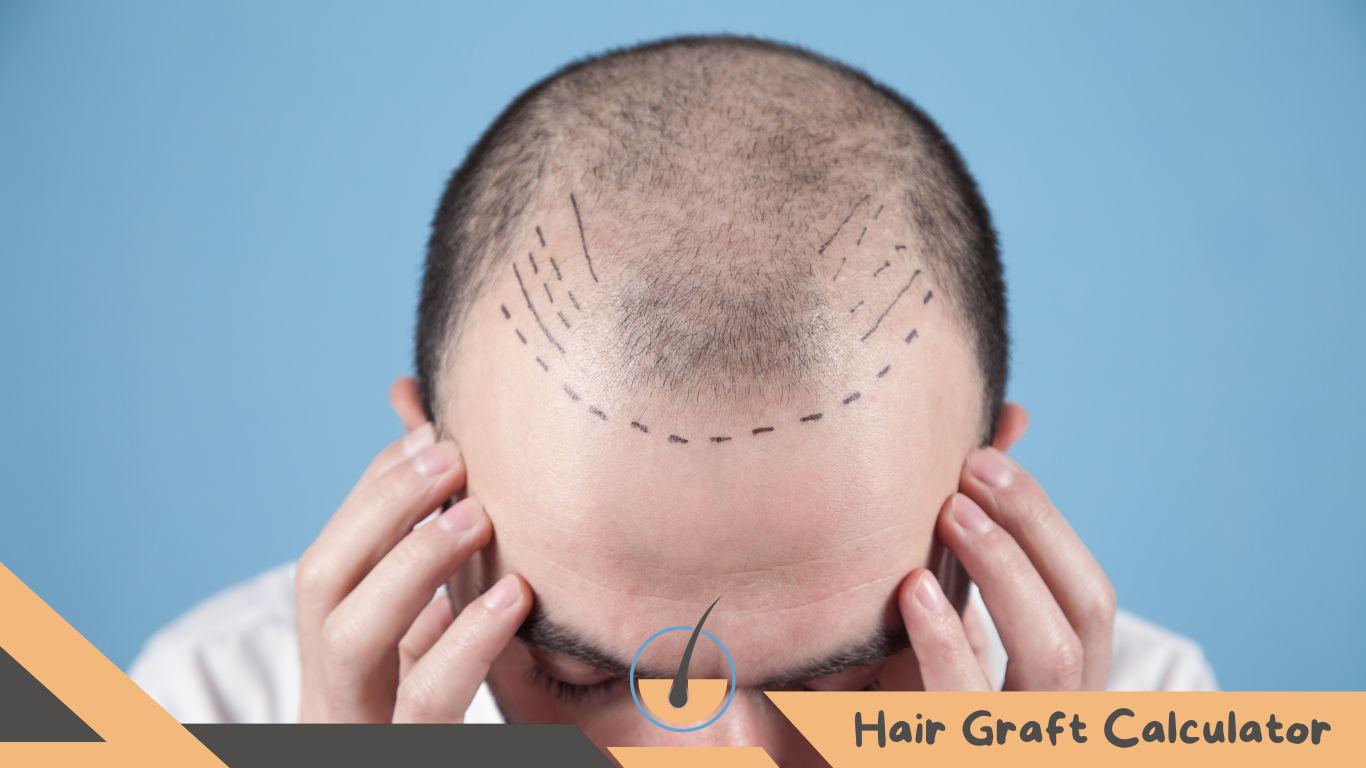How to Choose the Right Hair Transplant Surgeon for Your Needs

Are you considering hair transplant surgery? If so, finding the right hair transplant surgeon is critical to achieving your desired results. There are many options for surgeons. It can be hard to choose the right one. Let’s talk about finding the perfect surgeon for your hair transplant needs.
A hair transplant is a cosmetic surgery. It moves hair from one part of your body to another. It’s commonly used to regrow hair in places where it has fallen out, like on the scalp, eyebrows, and beard. There are two main ways to have hair transplant surgery: FUT and FUE.
The Importance of Choosing the Right Surgeon
Choosing the right hair transplant surgeon is crucial to achieving the results you want. An expert surgeon can make your transplant look real and work well. If a procedure is done badly, it can make scars, create an odd hairline, or even be worse.
Qualities to Look for in a Hair Transplant Surgeon
When choosing a hair transplant surgeon, there are several qualities to look for:
- Get a surgeon who has done hair transplant surgery for many years.
- Expertise: The surgeon should specialize in hair restoration procedures.
- Make sure the surgeon is certified in plastic surgery or dermatology. Check their board certification.
- Before and After Photos: Ask to see before and after photos of previous patients.
- Your surgeon will create a special plan just for you that matches your needs and goals.
- Surgeons need to talk well and answer your questions.
Researching Hair Transplant Surgeons
Before choosing a hair transplant surgeon, it’s essential to do your research. Start by reading online reviews and researching the surgeon’s credentials. You can ask your friends or family who had a hair transplant for advice on where to go. Make a list of surgeons who can perform a hair transplant. Then, arrange a meeting with them to find out more about their experience and how they do the surgery.
Questions to Ask During Your Consultation
When you talk to the surgeon, ask the right questions to feel good about them and how they work. Here are some questions to consider:
- What type of hair transplant surgery do you recommend for me, and why?
- How many hair transplant surgeries have you performed?
- Can I see before and after photos of your previous patients?
- What is your success rate?
- What is your approach to creating a natural-looking hairline?
- What is the recovery process like?
- Are there any potential risks or complications?
- What should I expect during the follow-up process?
What to Expect During Hair Transplant Surgery
Hair transplant surgery typically takes several hours to complete. The surgeon will take hair from the back of your head to use in the surgery. The follicles are moved to where hair loss happens.
Aftercare and Recovery
After getting a hair transplant, it’s important to follow your doctor’s instructions for a good recovery. After your surgery, you might feel some pain, swelling, and redness in the days that come. Your surgeon might suggest painkillers to help with any pain you feel. They could be prescription medication or something you can buy over the counter. After your surgery, you shouldn’t do anything too physical, stay away from the sun, and don’t go swimming for a few weeks.
Follow-Up Care and Maintenance
You’ll need to see your surgeon after surgery to check if your new organ is healing well. You might have to take medicine or use special products for your hair transplant. It’s important to talk with your surgeon about what to do after your surgery and then do what they say.
Risks and Complications
Like any surgical procedure, hair transplant surgery comes with potential risks and complications. These may include bleeding, infection, scarring, and poor healing. Talk to your surgeon about the risks and follow their care instructions to stay safe.
Alternative Hair Restoration Options
Hair transplant surgery is just one of several hair restoration options available. Other options include hair loss medications, hairpieces, and scalp micropigmentation. When you talk to your surgeon, make sure to go over all your choices. That way, you can pick the best method for your own needs and goals.
Conclusion:
Picking a good hair transplant doctor is key to getting the results you want. When looking for a surgeon, do your research and ask questions. Make sure to consider their experience, expertise, and how well they communicate. With the right surgeon and approach, you can restore your hair and confidence.
FAQs:
Q1. How long does it take to recover from hair transplant surgery?
It typically takes several weeks to recover from hair transplant surgery fully.
Q2. Will my transplanted hair look natural?
With a skilled and experienced surgeon, your transplanted hair should look natural.
Q3. Is hair transplant surgery painful?
After your surgery, you might feel uncomfortable. But don’t worry, your doctor can give you medicine to help with the pain.
Q4. How long do hair transplant results last?
Hair transplants can stay forever, but it depends on how you take care of it after the surgery.
Q5. What are the risks of hair transplant surgery?
Getting a hair transplant can be risky. You might have bleeding, an infection, scars, or trouble healing. You should talk to your surgeon about the risks and follow what they tell you after surgery.




